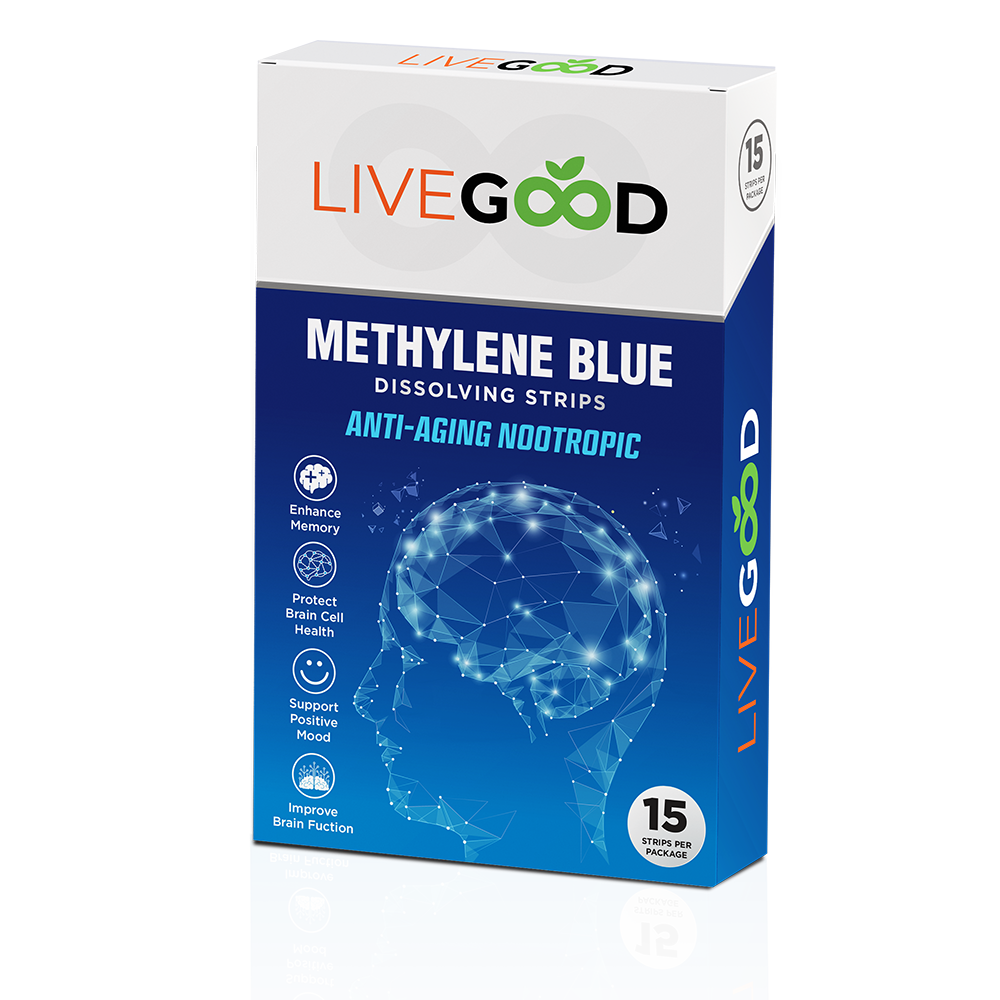DementiaDementia refers to a decline in cognitive function that interferes with a person's ability to carry out daily activities. It is not a specific disease but rather a group of symptoms caused by various underlying conditions. Here are some of the different types of dementia, along with their causes, symptoms, prevention, and treatment options:
Alzheimer's disease: This is the most common form of dementia, accounting for up to 70% of cases. It is caused by the accumulation of beta-amyloid plaques and tau protein tangles in the brain, which leads to the death of brain cells. Symptoms include memory loss, confusion, difficulty with language, and changes in mood and behavior. Prevention: There is no known way to prevent Alzheimer's disease, but some lifestyle changes such as exercising, eating a healthy diet, and staying socially active may help. Treatment: There is no cure for Alzheimer's disease, but medications such as cholinesterase inhibitors and memantine can help manage symptoms. Vascular dementia: This type of dementia occurs when there is damage to the blood vessels in the brain, usually due to a stroke or other cardiovascular conditions. Symptoms include difficulty with memory, concentration, and decision-making. Prevention: Preventing and managing conditions such as high blood pressure, diabetes, and high cholesterol can help reduce the risk of vascular dementia. Treatment: Treatment for vascular dementia depends on the underlying cause. Medications to manage stroke risk factors and improve blood flow to the brain, such as antiplatelet agents and anticoagulants, may be prescribed. Lewy body dementia: This type of dementia is caused by the buildup of abnormal protein deposits in the brain called Lewy bodies. Symptoms include fluctuating alertness, visual hallucinations, movement disorders, and sleep disturbances. Prevention: There is no known way to prevent Lewy body dementia. Treatment: Medications to manage symptoms such as hallucinations and movement disorders may be prescribed. Frontotemporal dementia: This type of dementia is caused by the degeneration of the frontal and temporal lobes of the brain. Symptoms include changes in personality, behavior, and language. Prevention: There is no known way to prevent frontotemporal dementia. Treatment: Treatment options for frontotemporal dementia are limited and focus mainly on managing symptoms. Mixed dementia: This occurs when a person has more than one type of dementia, such as Alzheimer's disease and vascular dementia. Prevention: The same prevention measures as those for each individual type of dementia may help reduce the risk of mixed dementia. Treatment: Treatment for mixed dementia depends on the types of dementia involved and may include medications and other therapies to manage symptoms. In general, prevention strategies for dementia include staying physically and mentally active, eating a healthy diet, managing chronic health conditions, and avoiding behaviors that may increase the risk of dementia, such as smoking and heavy alcohol consumption. Treatment options for dementia vary depending on the type and severity of the condition. Some medications, such as cholinesterase inhibitors and memantine, can help manage symptoms in certain types of dementia. In addition, therapies such as cognitive and behavioral interventions, physical exercise, and occupational therapy may help improve functioning and quality of life for people with dementia. NOTE: This article was written partly or fully by artificial intelligence. |










